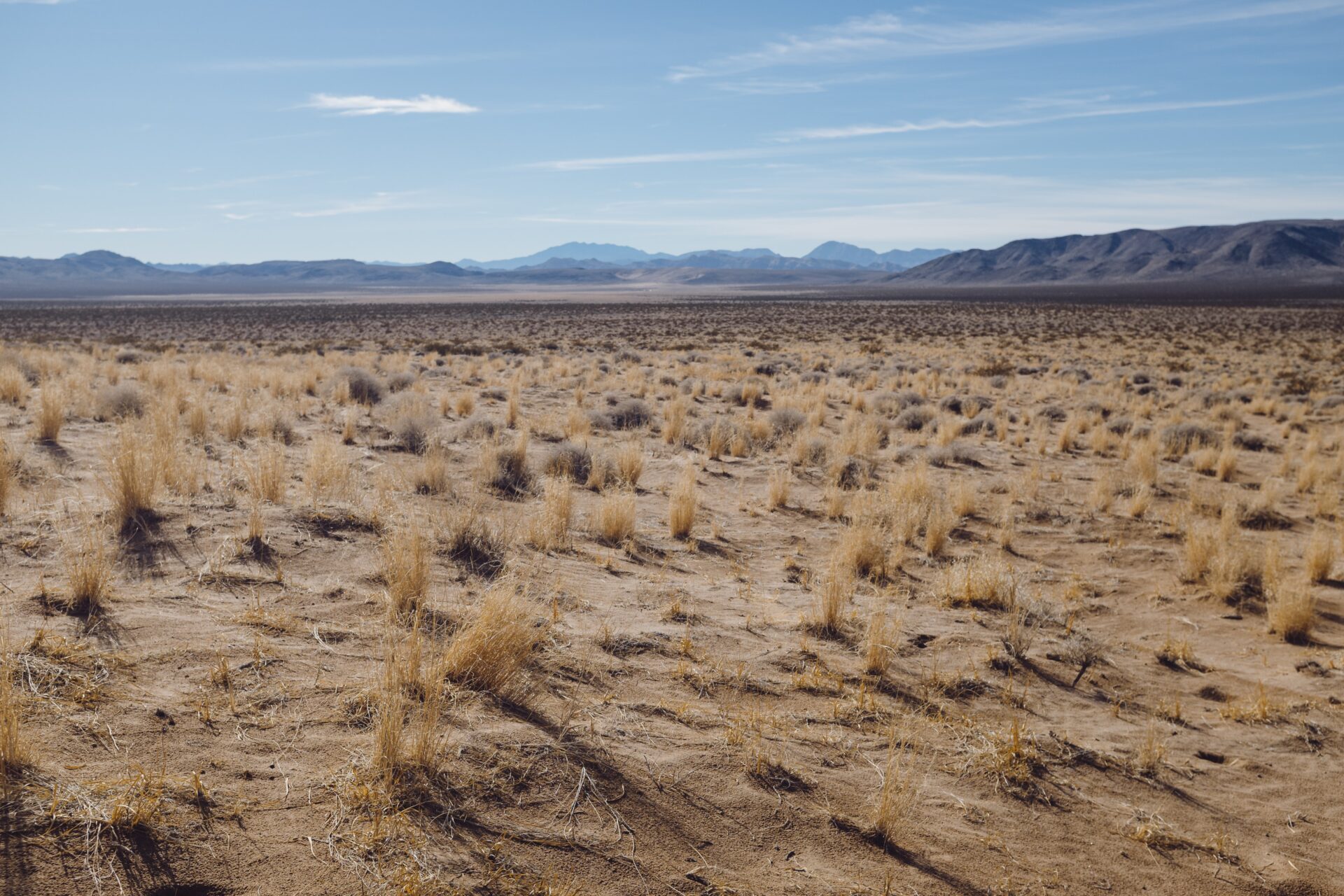
Photo by Wesley Tingey on Unsplash
Preserving our wildernesses
March 21, 2023
Judging by Jesus’ action after being baptized by his cousin John, wilderness is important. “Jesus, full of the Holy Spirit, left the Jordan and was led by the Spirit into the wilderness,” the gospel of Luke recounts (Luke 4:1 NIV). To Jesus, was the wilderness someplace where he could grow his spiritual understanding, wrestling with the big questions about God and the meaning of life, as he coped with the adversary’s temptations? Many assume that the wilderness where Jesus came to terms with his path ahead was the Judean Desert, which is in the West Bank and borders the Dead Sea. Due to a rainfall gradient, the Judean Desert has likely been dry and arid since before Jesus’ time. The desert today remains largely unchanged climatologically from what Jesus would have likely encountered—it is well preserved.
Climate stability makes the Judean Desert stand out from nearly every other point on the globe in that it looks as it did in biblical times. The Fertile Crescent has long since desertified, as have once fertile agricultural lands around the Nile River. The Amazon rainforest (unknown by the biblical world) had lost nearly 17% of its unique wilderness by 2019. In North America, we witnessed the start of desertification during the Dust Bowl of the 1930s, watching the soil of what was once a vast grassland and forest blow away. While the US stabilized the loss of fertile soil for a while, the global pace of land degradation is now 30 to 35 times its historic pace, and human activity is behind that acceleration. Science writer Candice Gaukel Andrews reported in 2018 that “only 11.6 million square miles of wilderness are left, which equates to just about 20% (less than a quarter) of the Earth’s total land mass.”
We know that Jesus, in his fully human and divine form, needed time in the wilderness with the Holy Spirit. So do we, in our fully human forms.
While some express concern that wilderness loss costs humanity significant scientific advances and that the loss of species diversity will have untold ripple effects on our climate, wilderness loss also affects human spiritual health. We know that Jesus, in his fully human and divine form, needed that time in the wilderness with the Holy Spirit. So do we, in our fully human forms. Some associate the term wilderness with feeling lost,[i] although others find that wilderness is where we find our spiritual center and sense of connection.[ii] Author Richard Louv expresses concern for children experiencing “nature deficit disorder,” which he argues manifests in health, psychological, and learning challenges.[iii] In other words, he hypothesizes that a lack of nature impacts the whole person, which includes the soul. Access to wilderness matters to all of us, as it did to Jesus.
At the rate we are going, will our children and grandchildren have access to wilderness—true wilderness—when they need to connect with the Spirit? True wilderness, like the Judean Desert, means the ungroomed, unmanicured, rough places of this world that are as the Creator made them. Our parks, our farmland, our intentionally planted tree groves are all lovely, and perhaps steps in the right direction, but so little is untouched by human tools in our time. They are places where we can find quiet and experience calm, but they are not quite an immersive experience like that Jesus took on during his forty days in the Judean Desert. This is not to say that we need to undertake a spiritual journey of the length and depth of our Lenten seasonal remembrance, but we need some opportunity to experience true wilderness.
During Lent, can we find collective space as Christians to preserve the wild places, as the Judean Desert stands largely preserved, for future generations? Will we find ways to preserve the world’s lungs found in the Amazon rainforest, restore wild grass prairies, and stop the destruction of wild places? We need these spaces for us and future generations because they bring wholeness and allow us to deepen our connection with God. Preserving the wilderness is essential to life and well-being.
Rachael Lawrence, PhD, is senior editor, Judson Press. She is also classical musician.
The views expressed are those of the author and not necessarily those of American Baptist Home Mission Societies.
[i] Eick, Natalie E. “Into the Wild: Soul, Soul Wilderness, and Soul Retrieval and Their Therapeutic Possibilities Today.” PhD diss., The Chicago School of Professional Psychology, 2019.
[ii] Ashley, P. “Toward an Understanding and Definition of Wilderness Spirituality.” Australian Geographer, 38:1, 53-69, 2007. DOI: 10.1080/00049180601175865
[iii] Louv, Richard. Last child in the woods: Saving our children from nature-deficit disorder. Chapel Hill, NC: Algonquin Books, 2008.


